REAL ESTATE
30 U.S. Cities Where Housing Prices Are Dropping Fast
Published
3 months agoon

Shutterstock
The U.S. housing market has been on a rollercoaster ride over the past few years, with some cities now bracing for price declines. Factors such as rising mortgage rates, oversupply, and shifts in economic conditions have caused certain markets to cool significantly. While some areas experienced rapid growth during the pandemic, this momentum is now reversing, leaving many buyers and sellers facing new challenges. From tech hubs to tourism hotspots, these cities are seeing corrections as affordability and demand fluctuate. Let’s explore 30 housing markets across the United States where prices are expected to drop and take a look into what’s driving these changes.
Austin, Texas

Shutterstock
Austin has seen a significant slowdown in housing demand after a booming period fueled by the tech industry. Overdevelopment has led to a surplus in housing inventory, which is driving prices down. The rising cost of living in the area is causing some residents to seek more affordable alternatives elsewhere. Experts predict this trend will continue as supply outpaces demand.
San Francisco, California

Shutterstock
San Francisco is grappling with a steep drop in housing prices as residents continue to migrate to more affordable cities. The shift to remote work has significantly reduced the need for proximity to tech hubs in the area. Coupled with an already high cost of living, the exodus has dampened the real estate market. Experts predict that housing prices will continue to decline as demand weakens further.
Phoenix, Arizona

Shutterstock
Phoenix experienced a housing boom during the pandemic but is now facing market corrections. Overbuilding in suburban areas has created an oversupply of homes, reducing property values. Rising mortgage rates have also cooled buyer interest in the area. Analysts foresee continued price drops as the market works to stabilize.
Las Vegas, Nevada

Shutterstock
Las Vegas is facing declining housing prices due to its reliance on the tourism industry. Economic uncertainty has reduced demand for homes in the city, while overbuilding has exacerbated the issue. Additionally, the recent housing boom led to inflated prices that are now adjusting downward. Experts expect this trend to persist as the local economy stabilizes.
Boise, Idaho

Shutterstock
Boise became a hotspot during the pandemic, with skyrocketing home prices attracting buyers from larger cities. However, this rapid growth has led to affordability challenges, prompting a slowdown in demand. The housing market is now undergoing corrections, with price reductions becoming more common. Analysts suggest this trend will continue until the market reaches a sustainable balance.
Salt Lake City, Utah

Shutterstock
Salt Lake City is experiencing a slowdown in housing demand after years of rapid growth. Rising home prices have made it increasingly difficult for local residents to afford properties. This has led to a cooling market as buyers hold off due to affordability concerns. Analysts anticipate further price declines as the market adjusts to these new conditions.
Denver, Colorado

Shutterstock
Denver’s housing market is undergoing a correction as years of high demand have led to unaffordability. Market saturation and rising interest rates have pushed some buyers out of the market. Additionally, a growing inventory of homes is causing prices to drop. Experts predict the trend will continue as the market seeks equilibrium.
Seattle, Washington

Shutterstock
Seattle is experiencing declining housing prices due to changes in the tech industry and remote work trends. Layoffs in major tech companies have affected buyer confidence, leading to reduced demand. The city’s high cost of living has also pushed residents to explore more affordable areas. Experts predict that these factors will keep prices declining in the short term.
Portland, Oregon
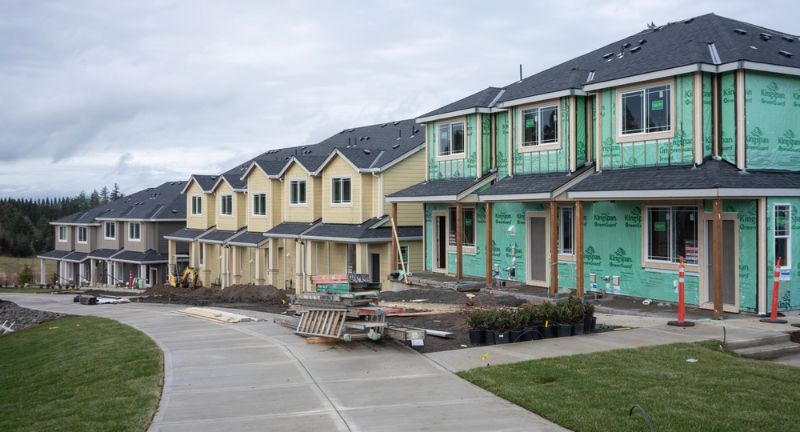
Shutterstock
Portland is seeing a decline in housing prices due to a combination of economic challenges and population shifts. The city’s affordability issues have caused many residents to leave for other regions. A slower rate of population growth has further softened demand. Analysts anticipate continued downward pressure on prices as these trends persist.
Nashville, Tennessee

Shutterstock
Nashville’s housing market is cooling down after years of rapid growth. The city’s fast-paced development has led to concerns about oversupply. Rising mortgage rates and affordability issues have caused some buyers to delay purchases. Experts believe prices will continue to decline as the market adjusts to these changes.
Charlotte, North Carolina

Shutterstock
Charlotte’s housing market is showing signs of a slowdown as the rate of new construction outpaces demand. Rising home prices during the pandemic have left many potential buyers unable to afford homes. With increasing inventory, sellers are beginning to lower their asking prices to attract buyers. Experts predict further price declines as the market stabilizes.
Raleigh, North Carolina

Shutterstock
Raleigh has been a growing market in recent years, but housing price increases are now causing affordability concerns. High levels of development have led to a surplus of homes, reducing competition among buyers. Rising interest rates have further cooled the market, leading to lower property values. Experts forecast a continued decline as demand adjusts to the new economic conditions.
Orlando, Florida

Shutterstock
Orlando’s housing market is feeling the effects of economic uncertainty and reduced tourism-related revenue. A high level of new construction during the pandemic has resulted in an oversupply of homes. Coupled with rising interest rates, many buyers are finding it more challenging to enter the market. Analysts predict price declines will continue until the market rebalances.
Tampa, Florida
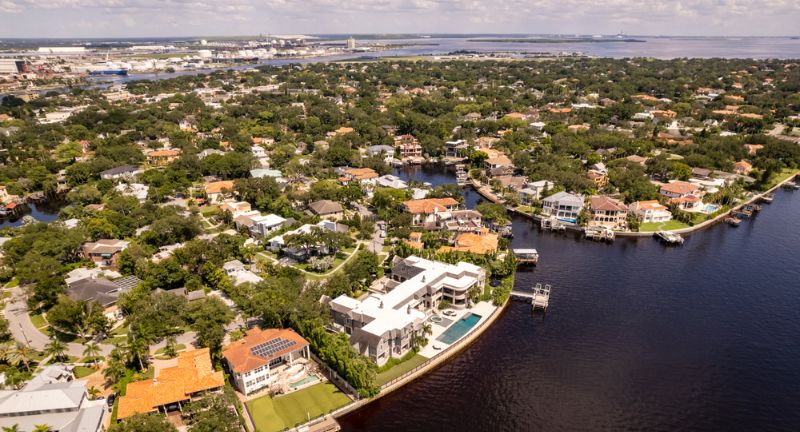
Shutterstock
Tampa’s housing market, which saw a surge during the pandemic, is now undergoing a correction. Overinflated prices have reduced affordability, causing a slowdown in buyer activity. Rising mortgage rates have compounded the issue, leaving sellers with fewer offers. Experts believe further price declines are likely as the market adjusts to lower demand.
Dallas, Texas

Shutterstock
Dallas has seen significant growth in recent years, but the housing market is beginning to cool. Increased housing inventory and economic diversification have slowed price growth. Buyers are also hesitant due to higher interest rates, leading to longer listing times for sellers. Experts predict further price drops as supply continues to outstrip demand.
Houston, Texas

Shutterstock
Houston’s housing market is experiencing a slowdown due to economic uncertainty tied to the energy sector. Rising interest rates and a surplus of new homes are contributing to declining prices. Additionally, higher property taxes have made the area less attractive to potential buyers. Analysts expect this trend to continue as the local economy adjusts.
Atlanta, Georgia

Shutterstock
Atlanta’s housing market, once one of the fastest-growing in the nation, is beginning to cool. High levels of new construction have created an oversupply of homes, reducing prices. Rising mortgage rates have made buying less accessible for many residents, further softening demand. Experts forecast continued price declines as the market adjusts to these challenges.
Miami, Florida

Shutterstock
Miami’s housing market, particularly its luxury condo sector, is facing oversupply issues. The recent surge in housing prices has left many potential buyers priced out of the market. Rising interest rates have also reduced demand, causing property values to decline. Experts believe further price drops are likely, especially in the high-end market.
Chicago, Illinois

Shutterstock
Chicago is seeing a decline in housing prices due to a combination of population loss and economic challenges. High property taxes and affordability issues have driven many residents to leave the city. With fewer buyers in the market, sellers are lowering prices to attract interest. Experts predict continued price declines as these trends persist.
Detroit, Michigan

Shutterstock
Detroit’s housing market is experiencing a slowdown as economic challenges and population loss continue to affect demand. Many homes remain on the market longer, forcing sellers to reduce their asking prices. Rising interest rates have further discouraged potential buyers from entering the market. Analysts predict that these factors will keep prices declining in the near term.
Cleveland, Ohio

Shutterstock
Cleveland is experiencing a housing market slowdown due to ongoing economic challenges and population decline. Home values have started to decline as demand weakens and buyers hesitate. Rising interest rates have also made it harder for locals to secure financing, exacerbating the situation. Experts anticipate further price reductions in the coming months.
Pittsburgh, Pennsylvania
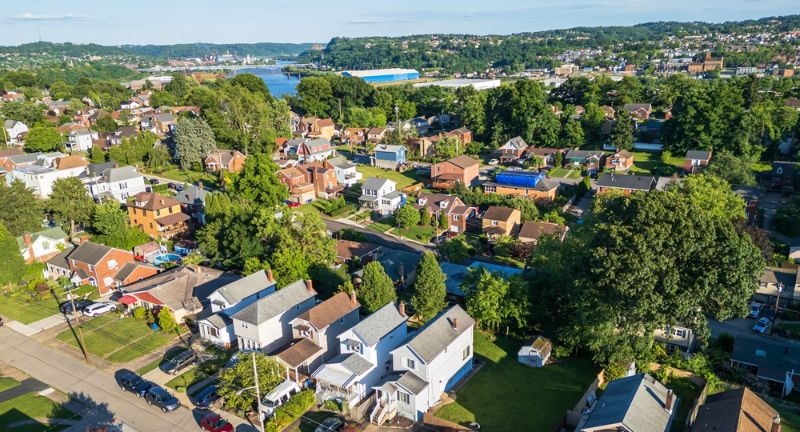
Shutterstock
Pittsburgh’s housing market is facing a decline due to slow economic growth and an aging population. The city’s affordability advantage has waned as home prices climbed during the pandemic. Buyers are now holding back due to rising interest rates, leaving sellers with fewer options. Experts anticipate a continued drop in prices as the market corrects itself.
Baltimore, Maryland

Shutterstock
Baltimore is experiencing a decline in housing prices as economic challenges and high crime rates deter buyers. Many residents are opting to move to safer, more affordable areas, reducing demand in the local market. The oversupply of homes has further driven down property values. Analysts predict the trend will continue in the coming months.
St. Louis, Missouri
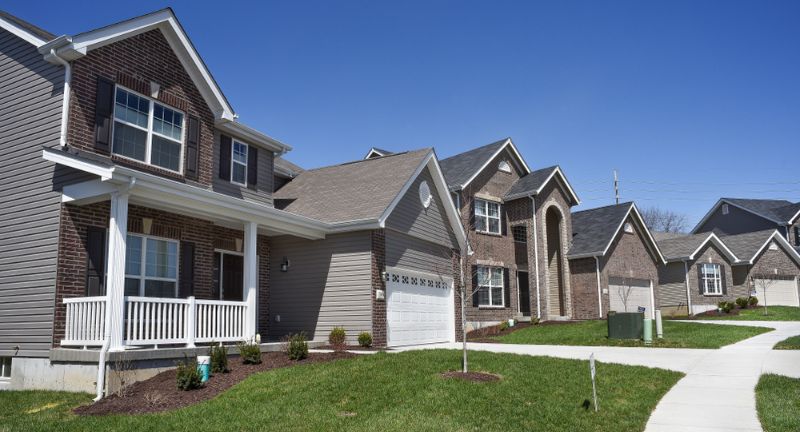
Shutterstock
St. Louis is seeing housing price declines due to economic stagnation and population loss. The city’s affordability, once a major draw, is now hindered by a lack of growth opportunities. With fewer people moving into the area, demand for homes has softened, leaving sellers to lower their prices. Experts foresee further corrections as the market adjusts to lower demand.
New Orleans, Louisiana

Shutterstock
New Orleans’ housing market is under pressure due to its vulnerability to natural disasters and economic uncertainty. Many buyers are hesitant to invest in a city where rebuilding and insurance costs are high. Rising mortgage rates have further reduced affordability, leading to a decline in demand. As a result, housing prices are expected to continue their downward trend.
Memphis, Tennessee

Shutterstock
Memphis is experiencing a cooling housing market as economic challenges and higher mortgage rates deter buyers. The city’s real estate market has seen rising inventory levels, creating less competition among buyers. Many homes are staying on the market longer, forcing sellers to lower their prices. Experts predict that housing values will decline further as these trends persist.
Reno, Nevada
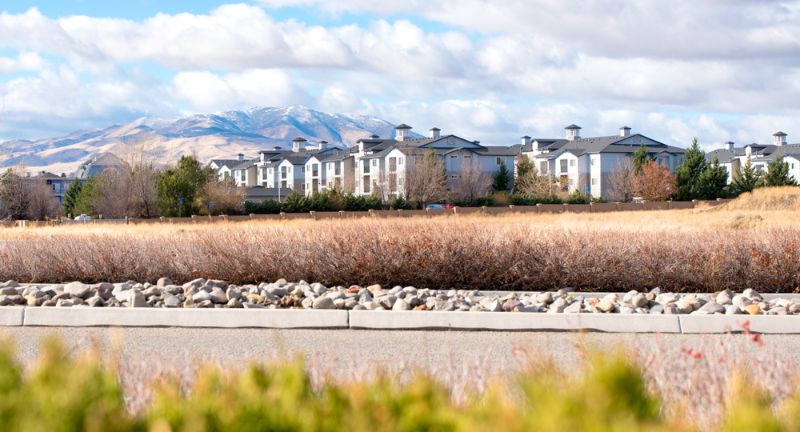
Shutterstock
Reno’s housing market, which saw significant growth during the pandemic, is now facing a correction. High levels of new construction and rising costs have led to an oversupply of homes. As mortgage rates increase, many potential buyers are choosing to delay or forego home purchases. Analysts anticipate continued price drops as the market adjusts to decreased demand.
Spokane, Washington

Shutterstock
Spokane’s real estate market is slowing down after years of rapid growth fueled by out-of-state buyers. Rising home prices have outpaced local incomes, reducing affordability for many residents. With fewer buyers in the market, sellers are being forced to lower their prices. Experts predict further declines as the market seeks equilibrium.
San Jose, California
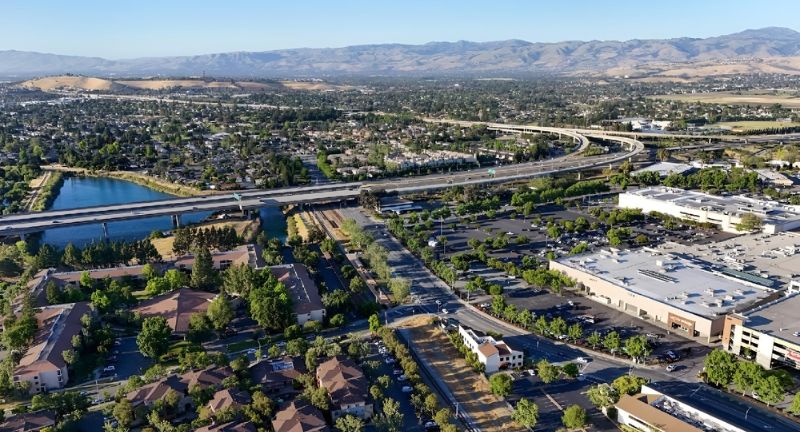
Shutterstock
San Jose’s housing market, heavily influenced by the tech industry, is facing significant challenges. Layoffs in major tech companies have weakened buyer confidence, reducing demand for homes. With fewer buyers in the market, sellers are offering lower prices to attract offers. Analysts predict that the downward trend will persist as the tech industry stabilizes.
Jacksonville, Florida
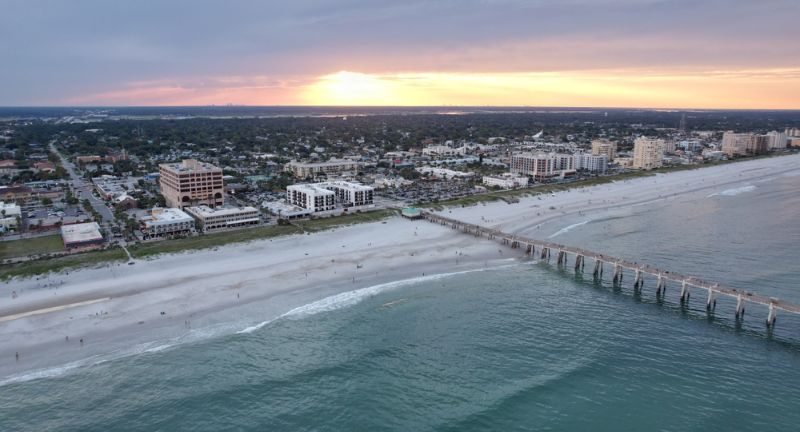
Shutterstock
Jacksonville is experiencing a decline in housing prices as rising mortgage rates and increased inventory levels soften demand. The city’s rapid growth during the pandemic led to higher home prices that are now being corrected. Many buyers are waiting for better market conditions, further contributing to the slowdown. Experts forecast continued price declines as supply outpaces demand.
Conclusion
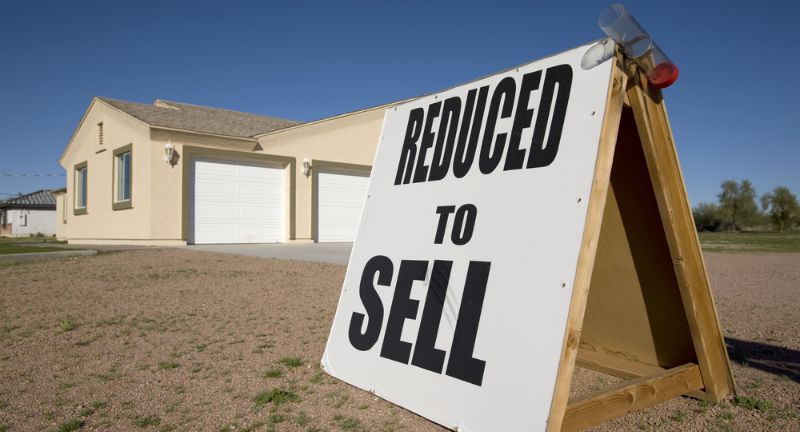
Shutterstock
The shifting dynamics of the U.S. housing market highlight the importance of staying informed and adaptable. While declining prices can pose challenges for sellers, they also create opportunities for buyers to enter previously unaffordable markets. Each city on this list has its unique factors driving the trends, underscoring the localized nature of real estate. Whether you’re looking to buy, sell, or invest, understanding these changes can help you make smarter decisions. As the market continues to evolve, keeping a close eye on these housing trends will be key to navigating the road ahead.
ADVERTISEMENT - CONTINUE BELOW
Related Topics:

About Money+Investing
Money + Investing provides our community with the latest personal and business finance news from around the world. We publish money saving and earning tips to help you make smartier investing decisions. We're inspired by exploring and providing new ways for our audience to achieve financial freedom. We can't wait to share all of our exciting deals, guides and reviews to help you live your financial life to the fullest.
More Money + Investing
-


Top Mistakes Homeowners Make When Selling—And How to Avoid Them
-


25 Winter Hotspots for Snowbirds Who’ve Outgrown Florida’s Retirement Vibes
-


29 Idyllic Places Retirees Are Flocking to in the US
-


15 Reasons Why Baby Boomers Are Refusing to Downsize
-


30 Healthiest Places in America to Retire
-


30 U.S. Cities That Offer the Best Value for Working-Class…
-
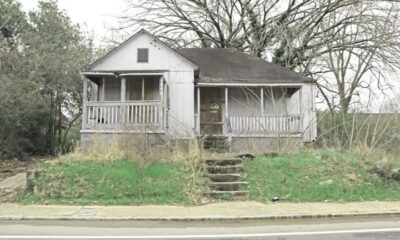

24 Hot U.S. Markets for Flipping Houses This Year
-


Thinking of Becoming a Real Estate Agent? Here Are 25…
-


25 Crucial Things to Rethink Before Moving to a New…
-


The Small Town Boom: 30 Rural Spots Attracting Big City…
-


Top 25 Family-Friendly Cities You’ll Want to Move To
-


America’s 27 Most Expensive Real Estate ZIP Codes